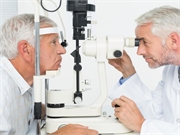
(HealthDay News) – An infection on the tip of your finger can form an abscess, says Harvard Medical School. A painful bump on the fingertip abscess is known as a felon, and is usually caused by a bacterial infection. A felon can cause pain, swelling and redness. After getting the felon drained by a doctor,… read on >















